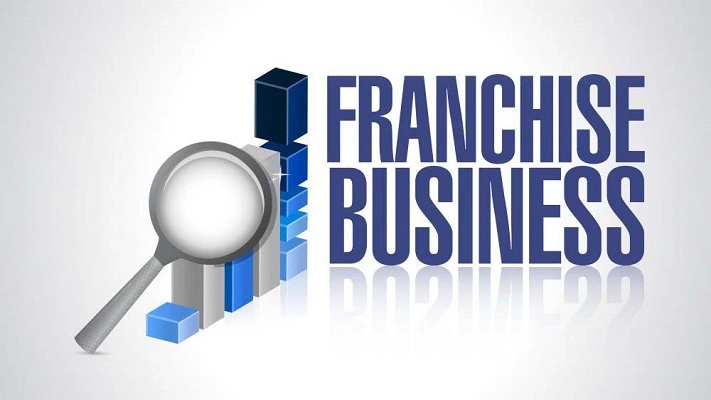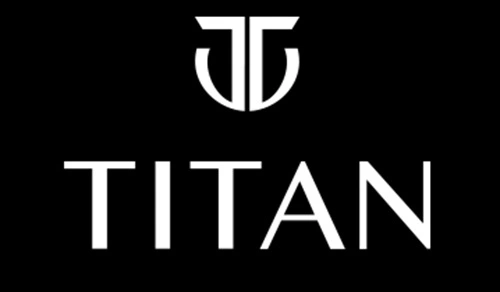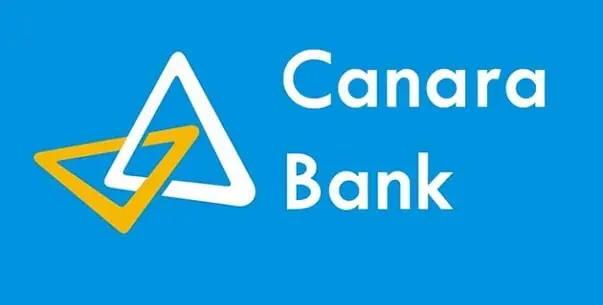Business expansion using a franchise business model is a proven way to constantly grow and generate cash in the long run. Popular brands like Domino’s, Macdonald, 7-Eleven, KFC, Zara, Jockey, and many others have expanded their business to a global level because of the franchise business. Compared to starting a business from scratch, a franchise business is a far better option because you don’t need too much expertise in a specific sector, and you can still generally get good profits in association with already well-established brands or businesses.
On the surface franchise business model may seem a win-win for the person signing up for the contract and for the franchisor as well. But that’s not the whole picture, and if you are looking forward to signing up for a franchise from a popular brand or company, then you must know the potential pros as well as cons of this business model. That’s why we are here with a list of the franchise business advantages and disadvantages to help you understand it in a better way. So let’s get started.

Franchising Business Advantages
Here are some benefits of Franchise Business:
1. Incredibly Low Failure Rate
As you may already be familiar with the data of the restaurant industry, approximately 80% to 85% of businesses shut down within a few years of establishment. But on the other hand, if you purchase a franchise from a popular restaurant chain like McDonald’s, Domino’s, or Pizza Hut, the chances of failure are very slim. And the same can be applied to other sector franchise businesses as well. In short, the risk factor is pretty low with franchise businesses because a majority of the business process is readymade and proven to work.
2. Less Cash Burn
When starting a new business from scratch, you need capital investment, and without that cash flow, the chances of your business being profitable are pretty low. On the contrary, with a franchise business, all you need is the initial investment to purchase the franchise of a popular brand or company. And after that, it is pretty much a constant cash-generating machine where that brand/company’s expertise comes into play. So when you start a franchise business, you won’t deal with the cash flow problems, and the cash burn will automatically be on the lower side.
3. Branding And Marketing
If you were to start a business from scratch around a product, then you’d have to spend a lot of time and money on branding and advertising the product. Marketing of a brand/company also determines how well their business will perform in the long run. It is true that no matter how good your product is, if the consumers don’t know your product exists, no matter what, it won’t be profitable for you. But because only well-established brands provide the franchise that means they already have a customer base, and you don’t need to spend anything for the marketing and branding out of your own pocket.
4. Proven Process
Franchisors usually have a proven-to-work process in place, which they pass on to the person who’s signing up or purchasing the franchise. And to ensure that your franchise would work in the long run, many companies prefer to send a dedicated team for inspection.
5. Better Profits
In terms of the profits, of course, a franchise business is a win-win for both, the franchisor as well as the person who’s purchasing the franchise. In rare cases, the spending of a franchise business goes higher than its income, thus the franchise usually ends up making a good profit every financial year.
Franchising Business Disadvantages
Here are some drawbacks of Franchise Business:
1. Higher Initial Investment
Higher Initial Investment in a franchise could be the only roadblock that’s stopping you from purchasing a popular brand or company’s franchise. In India, this amount could easily go up to a few crores. But if you can gather up the initial investment, you’re off to a good start. And the noteworthy thing is that most franchisors don’t allow you to borrow the money or take a loan to purchase the franchise. That means you must have the capital or cash on hand to purchase a franchise. On top of that, based on who the franchisor is, there may be other costs involved which you should look into before making the final decision.
2. Policies And Regulations Of Franchisor
Brands and companies that provide franchises can have a set of policies and regulations that the other party or franchisee must follow. And that way you may feel a little restricted as a franchise buyer. However, in most cases, the brand or franchisor knows that they are doing this to make the business work for both parties. That’s why in our opinion, it is pretty justifiable.
3. Less Individual Control
In a way, after purchasing a franchise, you’d be your own boss, but that could be just an illusion. Because in reality, you won’t have creative control over the franchise business. For example, you can’t do the experiments with the end products, and the marketing strategy in the local area in your own way. If you still do so, then your franchise contract might get canceled. But this point is pretty obvious that everyone going down the path of purchasing a franchise would know about this fact or point.
4. Contracts
You’ve got to understand that with most franchises the contract isn’t permanent. Every franchise contract has validity, and when that validity ends, you must renew your contract. But in some cases where the franchise isn’t very sustainable in some area or city, then the franchisor may not renew the contract. In that case, you’d have to shut down your franchise. So yeah, this is one thing that people usually ignore, but in reality, it is one of the most important points to consider about the franchise business model.
Conclusion
There you have it. Now you know whether you should invest your time and money into purchasing a franchise or not. However, this thing also depends upon who the franchisor is, if it’s a well-known and popular company or brand, then there are higher chances it would be a great deal for you in the long run.
Franchise Business FAQs
Q1. What Is The Royalty Fee And How Does It Affect My Profits?
Ans: Royalty fees are those annoying, regular payments you make as a franchise owner to the big boss aka the franchisor in exchange for their support, services, and the right to use their brand name. It’s usually a percentage of your total sales, and you pay it monthly or weekly. Since it’s a never-ending expense, you gotta keep it in mind when working out your finances.
Q2. Can I Switch To A Different Franchise System After Already Owning One?
Ans: Indeed, you can transition to another franchise system after owning one, although the process can be complex and may come with certain limitations. First, check your current agreement, there might be a no-fun clause (non-compete) that stops you from running a similar biz nearby for a while. Next, you’ll need to sell your current franchise, sweet-talk the new franchisor into a deal, and maybe shell out for new gear, training, and branding.
Q3. Can The Franchisor Impose New Rules Or Requirements During The Term Of The Franchise Agreement?
Ans: Yup, they sure can. Franchise systems need to stay fresh, follow the law, and keep up with what customers want. So, as a franchisee, you gotta roll with the punches and make changes to keep the brand looking good and running smoothly.
Q4. What Are The Common Misconceptions About Owning A Franchise Business?
Ans: First off, success ain’t a sure thing. Franchises might have a solid biz model and support, but it’s really up to your hustle, dedication, and mad management skills to make it work. Another myth is that franchise owners are just puppets. While you do have to follow the franchisor’s playbook, you still get to flex your entrepreneurial skills and make decisions in your day-to-day operations.














